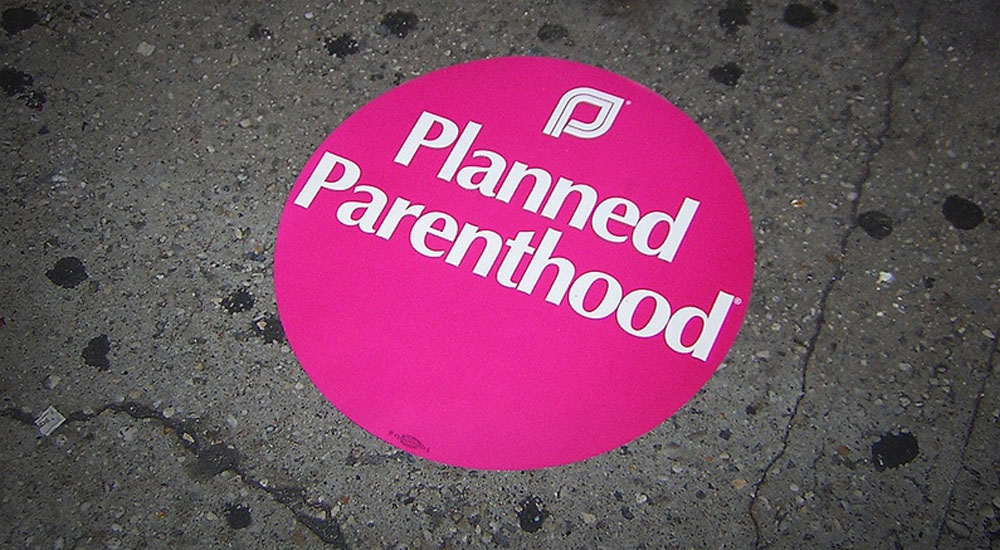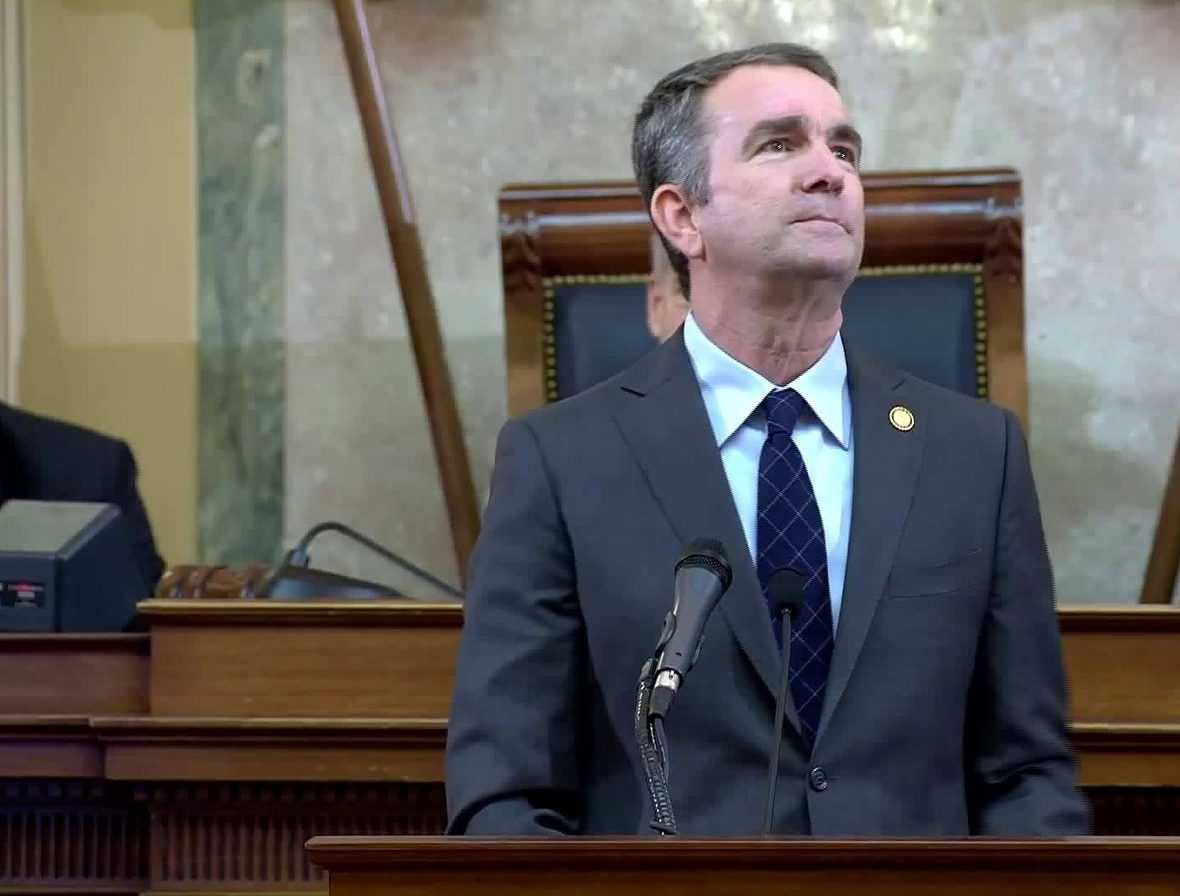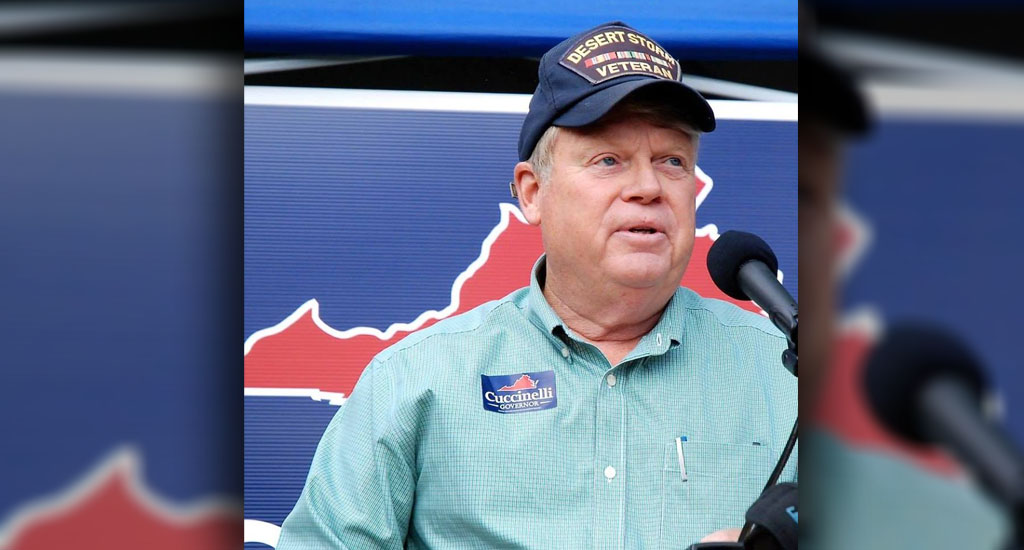The US Supreme Court is getting ready to hear a landmark case in October that will most likely end up repealing Roe v. Wade and send the question back to state governments.
Former governor Terry McAuliffe (D) is keen to weaponize this in order to revive a sagging Democratic base still bruised after beating two progressive challengers in a divisive primary.
All of that is set to change.
To wit, check out this article from Professor Robert George over at First Things talking about how he believes that the US Supreme Court’s hearing of Dobbs v. Jackson Women’s Health will indeed end Roe:
Next year, the Supreme Court will hold that there is no constitutional right to elective abortions. In Dobbs v. Jackson Women’s Health Organization, a case pending before the court, it will return the issue to the states for the first time in forty-nine years. It will do so explicitly, calling out by name, and reversing in full, the two major cases that confected and then entrenched a constitutional right to elective abortion: Roe v. Wade (1973) and Planned Parenthood v. Casey (1992). And the vote will be six to three.
Why do I think so? I have no inside information. I know most of the Justices, but I would never ask what they intend to do in a case, and I’m sure none would tell me if I did. But it’s widely thought, and I myself believe, that six of the Justices believe Roe and Casey to be grossly unfaithful to the Constitution and unjust. None will want to entrench those precedents. The question observers debate is whether some of the six might prefer merely to chip away at those precedents. The reasons for this gradualist approach would be to avoid making the Court seem politically motivated and to avoid drawing the Court further into political fights (by, for example, empowering a push for court-packing).
Perhaps.
Of course, for those who pry just a tiny bit? You figure out pretty quickly that I am — and perhaps you may agree — many things long before I am a Republican: a conservative, American, Virginian, and ultimately a Christian (as expressed by my Catholic faith) and in that order.
My opposition to abortion isn’t merely just a religious predication. Every human being has the basic right to exist. Or as the philosopher cum naturalist Albert Schweitzer argues very simply — life respects life.
One doesn’t have to be a religious fanatic in order to defend a very simple and basic premise. Doing away with it destroys several fundamental ideas of what justice — that which is owed — is founded upon.
Which is why ending Roe is going to seriously upend the conservative movement. Not because we get to question our priors, but precisely because we are going to have to ask ourselves the tough question: What precisely are we trying to conserve?
Republican challenger Glenn Youngkin is going to have a moment to define what that is to a conservative base who is straining and starving to hear one thing and a suburban center who doesn’t want to hear too much and hasn’t the stomach for it.
Some food for thought, ladies and gentlemen, on how to walk that tightrope:






